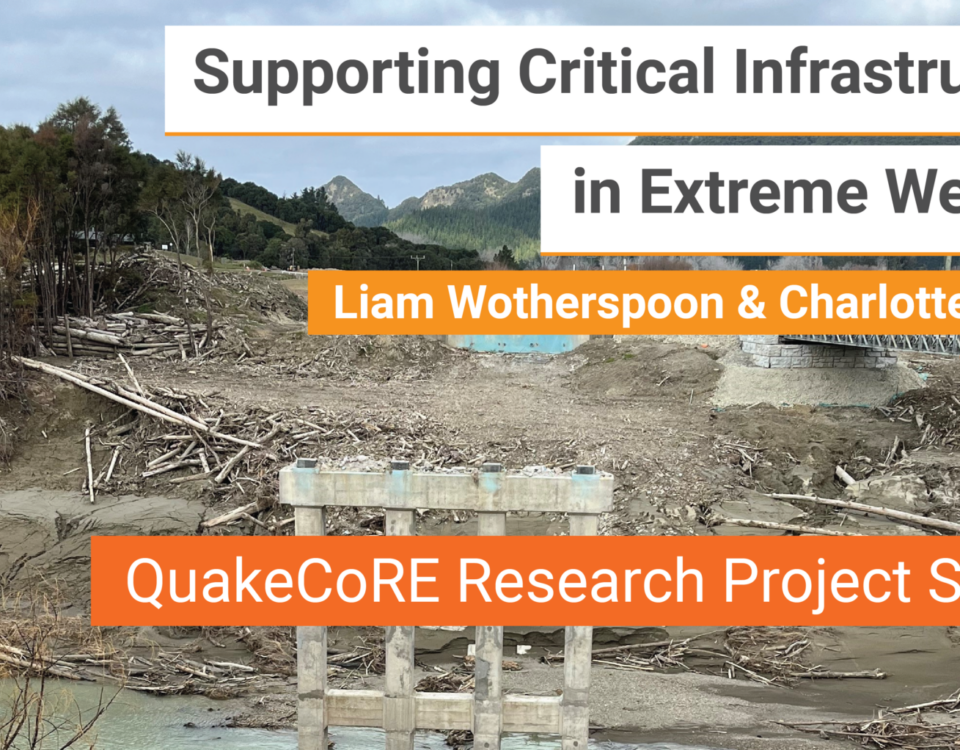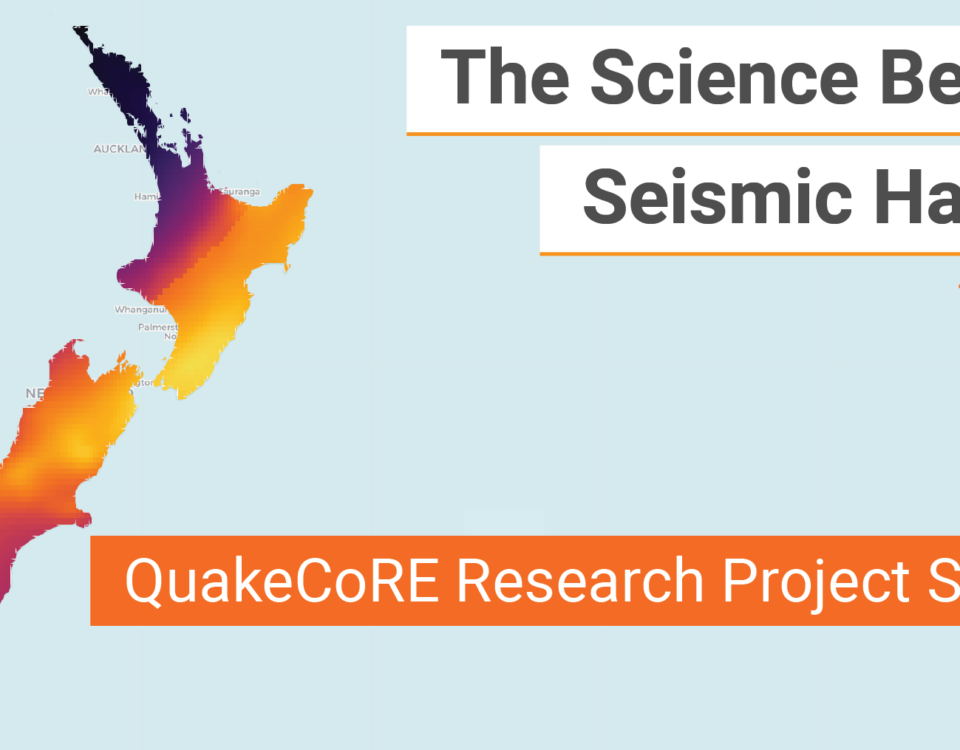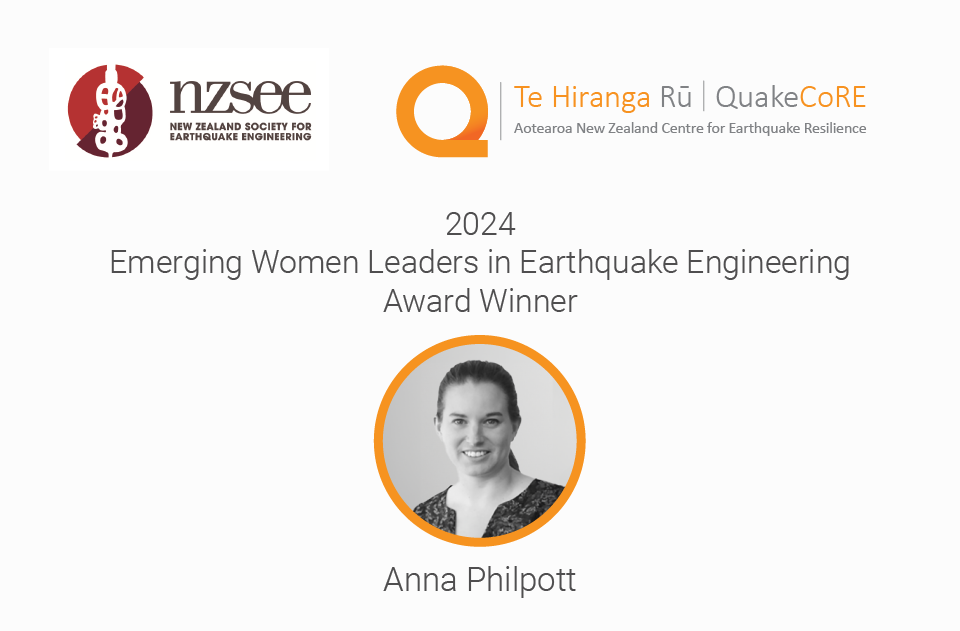
LiquefACT joins QuakeCoRE as an Affiliate Organisation
May 16, 2018
QuakeCoRE Emerging Researchers : Lightning Talks
June 1, 201810 am Friday 15 June
| Wendy Saunders (AI), GNS Science |  |
The role of iwi management plans in managing natural hazards and informing our research
Iwi management plans provide a valuable strategic tool for natural hazard management, however their potential influence and role within Council planning and the research community is not being realised. Key findings of this research include that:
- IMPs provide an opportunity to include information on natural hazards, their preferred management options, action points for reducing risks, and engagement processes to assist with the transfer of natural hazard science and mitigation measures. They provide a valuable strategic tool for natural hazard management, however their potential influence and role is uncertain.
- IMPs are legislated under the RMA, and therefore have the potential to provide very strong guidance to users of IMPs. IMPs can contribute to the co-management and/or co-governance tools available to both iwi and local government by providing important guidance as to priorities, issues, actions, and engagement processes.
- Underpinning IMPs is mÄtauranga Māori; it is therefore essential that researchers, scientists, and council staff understand what mÄtauranga Māori is, and how the transfer of knowledge between iwi and others can benefit all those involved in natural hazard management, including Māori communities.
- IMPs provide an initial -˜first step-™ as an engagement tool with iwi. They may outline principles for engaging with their iwi; a process for engaging on policy development and resource consents; information requirements; the iwi-’s process for assessing proposals; and may stipulate a preferred method of contact.
For details on our seminars – return to the 2018 Seminar Series home page link





